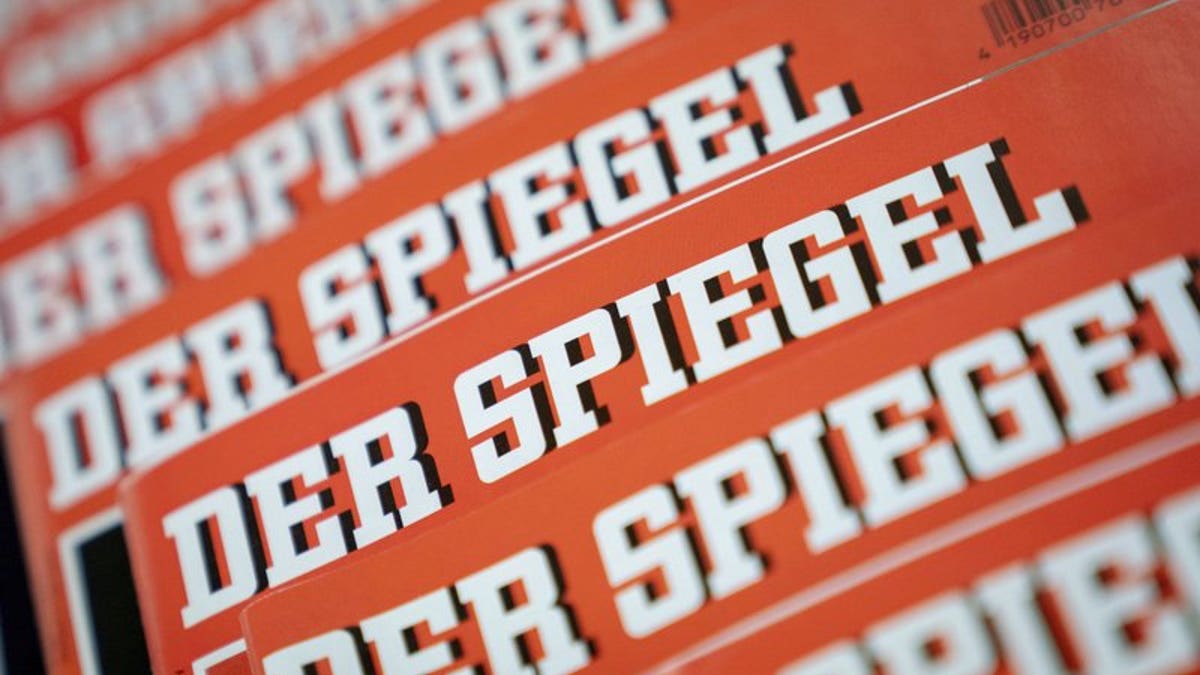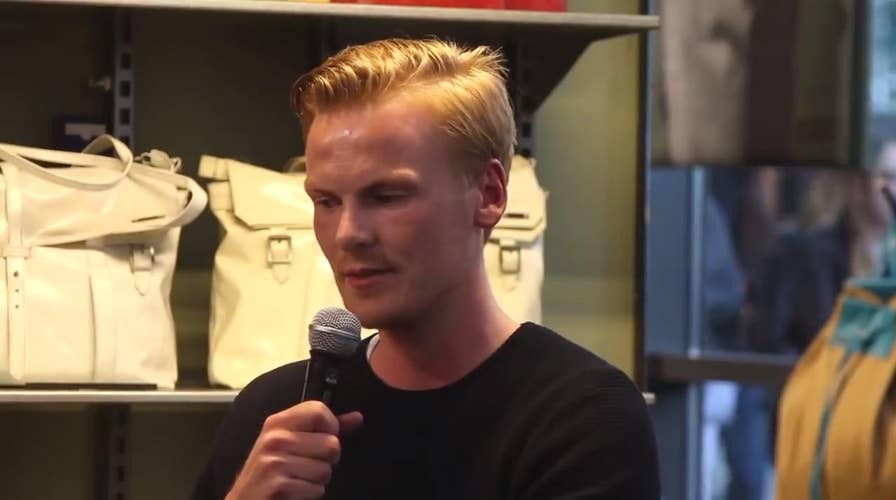Writer touted by CNN as 'Journalist of the Year' forced to resign for fabricating stories
The German magazine Der Spiegel revealed that one of its top award-winning journalists fabricated many of his articles, inventing characters, sources, and their quotes 'on a grand scale' for many years.
The German magazine Der Spiegel revealed Wednesday that one of its top award-winning journalists fabricated many of his articles, inventing characters, sources, and their quotes “on a grand scale” for many years.
Claas Relotius, a reporter and editor, admitted to fabricating parts of at least 14 stories following the magazine’s internal investigation. The publication said the issue “marks a low point in the 70-year history of Der Spiegel.”
“I am sick and I need to get help,” he reportedly told the magazine.
“I am sick and I need to get help.”
The reporter contributed around 60 articles to Der Spiegel, one of the leading German magazines for investigative reporting. He previously worked for other publications in Europe and won awards such as CNN Journalist of the Year in 2014.
The fabricated articles include a phone interview with the parents of free agent NFL player Colin Kaepernick and a story about an American woman who claims to have volunteered to witness the executions of death row inmates.
Relotius also drew the fury of locals in Fergus Falls, Minn., after spending three weeks in town and fabricating facts, characters and quotes from people in an effort to portray the town in a negative light.
"What happened is beyond what I could have ever imagined: An article titled ‘Where they pray for Trump on Sundays,’ and endless pages of an insulting, if not hilarious, excuse for journalism."
“What happened is beyond what I could have ever imagined: An article titled ‘Where they pray for Trump on Sundays,’ and endless pages of an insulting, if not hilarious, excuse for journalism,” wrote Michele Anderson and Jake Krohn who investigated Relotius’ Der Spiegel article about the town.
Both Anderson and Krohn went on to reveal that the article doesn’t contain any truth except for the town’s population, the average temperature, and names of the businesses or public figures.
Nearly everything else, including a coal plant employee named Neil Becker, who doesn’t actually exist, or quotes from a restaurant employee, who was falsely called the owner of a restaurant and whose son was given a fictional illness, was made up.

The Dec. 19, 2018 photo shows issues of German news magazine Spiegel arranged on a table in Berlin. (Kay Nietfeld/dpa via AP)
Relotius’ work was first called into question in November after another reporter for the magazine worked with him on a story about a border militia in Arizona. The reporter found that the supposed interviews never happened.
The Relotius case resembles past instances where journalists have been caught fabricating stories. Those accused previously have included Stephen Glass, who was fired from the New Republic magazine, Jayson Blair, fired from the New York Times, and Janet Cooke, a Washington Post reporter whose story about a child addicted to heroin won a Pulitzer Prize before it was revealed to be a fabrication.
The Associated Press contributed to this report.









































